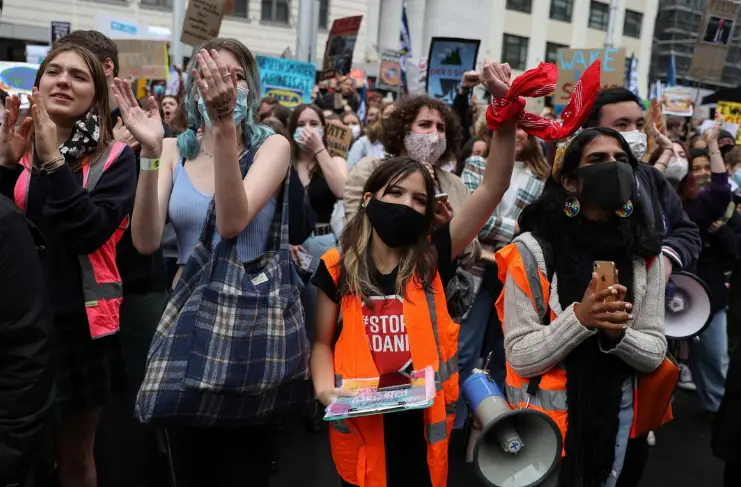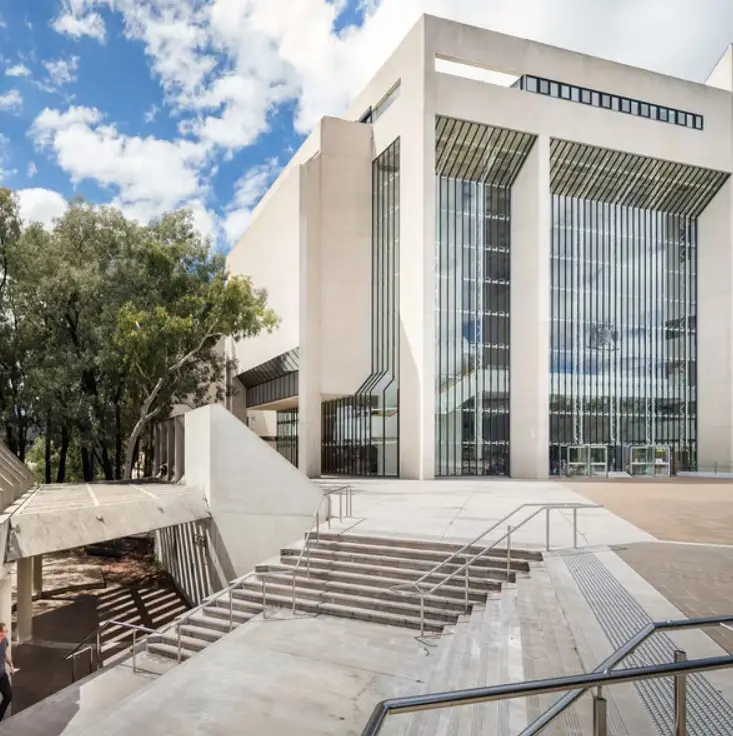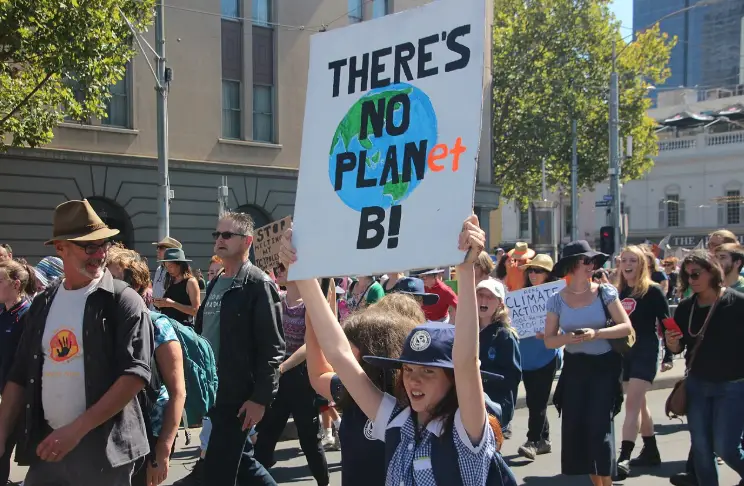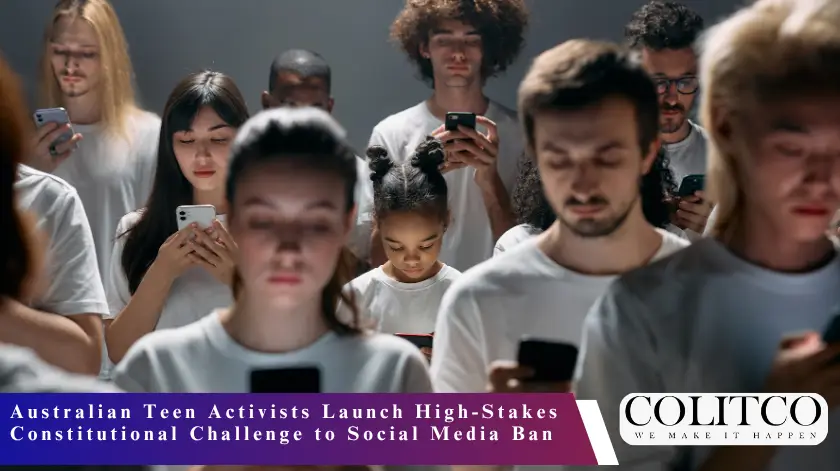Australia’s new social media ban for teenagers has sparked a potential constitutional fight, as teen activists prepare to challenge the law in court. The ban, set to take effect from 10 December 2025, prohibits those under 16 from having accounts on major platforms like Facebook, Instagram, TikTok, Snapchat, and YouTube. The federal government introduced the law to battle rising rates of anxiety, bullying, and other online harms among young Australians.
Teen Activists Prepare Legal Challenge
A growing movement of teen activists and advocacy groups want to test the ban’s constitutional validity. Legal experts expect that teenagers, rather than tech companies, will sit at the forefront of this battle. Young climate advocates feature heavily, including 16-year-old Ivy Sheng who uses Instagram to promote her podcast and environmental campaigns. Ivy says social media platforms are essential for young people to share ideas, build support networks, and shape political opinion. Losing access directly affects young voices and political participation.

Teen Climate Activists at Rally
Ban Details and Government Rationale
From 10 December, social media companies must deny account creation and access to Australians under 16. The law compels platforms to adopt age verification checks but prohibits them from demanding government-issued ID. Instead, companies must use alternative “age assurance methods” to enforce the new restrictions. The government argues that this move protects young Australians from harmful online content, cyberbullying, and excessive screen time. Surveys reveal about 77% of Australians support the ban, and roughly 87% back large fines for platforms that fail to comply.
Pushback from Activists & Experts
Activists and some legal scholars say the new law violates the implied right to political communication in Australia’s Constitution. They note that teenagers have played key roles in global activism movements, including the Schools Strike 4 Climate rallies and other online campaigns. Teen podcast host Ivy Sheng states that social media drives political awareness among young people, helping them to form independent views and advocate for causes important to them. Excluding teens from online platforms removes a critical avenue for activism and engagement.
Legal Opinions and Grounds for Challenge
Lawyers stress that Australia’s Constitution does not guarantee a “bill of rights” or free speech as seen in the United States. Still, legal experts, including Professor Anne Twomey from the University of Sydney, observe that the ban “burdens” political communication by cutting teenagers off from primary channels of debate and organising. To succeed, any challenge must show that the law unreasonably restricts political communication, has objectives not matched by outcomes, or lacks proportionality to its aims.
Senior lawyers at the Human Rights Law Centre state the current law “removes the ability of teens to communicate about political matters across the board” and fails to balance genuine safety objectives with freedom of expression. If challenged, the courts must decide whether blocking teenagers’ access to platforms where much political discourse occurs oversteps legal bounds.

Australian High Court Building
International Reactions and Comparisons
Australia’s initiative has drawn attention from governments and technology companies globally. Prime Minister Anthony Albanese has promoted the law at international forums, framing it as a proactive measure against the mental health crisis affecting youth. European officials describe Australia’s approach as “inspiring” and indicate it could influence policy in other countries. UNICEF and the UN Committee on the Rights of the Child highlight children’s rights to participate in society and engage in decisions affecting their futures.
Community, Parent and Industry Responses
Support for the ban remains high among parents and segments of the public, citing concerns about cyberbullying and the negative impacts of social media on mental health. Industry insiders warn, however, that blocking social media for one group may indirectly expose young people to less regulated or more dangerous corners of the internet. Youth advocates urge the government to provide safe online spaces and digital literacy programs rather than outright bans.
Implications for Youth Activists
Many youth activist groups and non-profit organisations have raised concerns about the policy’s impact on their work. Social media plays a pivotal role in enabling young people to self-organise, campaign, and amplify issues related to climate, social justice, and politics. With the ban’s enforcement, young campaigners face losing the primary tools they need to connect with supporters, share information, and make their voices heard.

Climate Protest with “There’s No Planet B” Sign in Melbourne
Potential for High Court Review
Legal commentators suggest the Australian High Court may eventually weigh in if teen applicants are granted standing to challenge the ban. Previous constitutional litigation in Australia has centred around the “implied freedom of political communication” – a principle weaker than direct speech rights but still influential in judicial review of laws with broad social effects.
Also Read: Australia to Enforce Groundbreaking Social Media Ban for Under-16s from December
What Comes Next
Teen activists continue to organise, consult legal advice, and raise public awareness about the effects of this historic policy. The world is watching how Australia’s experiment unfolds. Both government and teen activists prepare for a test case with far-reaching consequences for digital rights, youth participation, and the evolution of social media policy.
Australian teens stand at the centre of a major legal and social debate as the countdown to December continues. Their efforts and voices will shape not only the future of social media access, but also the nature of political engagement for generations to come.












